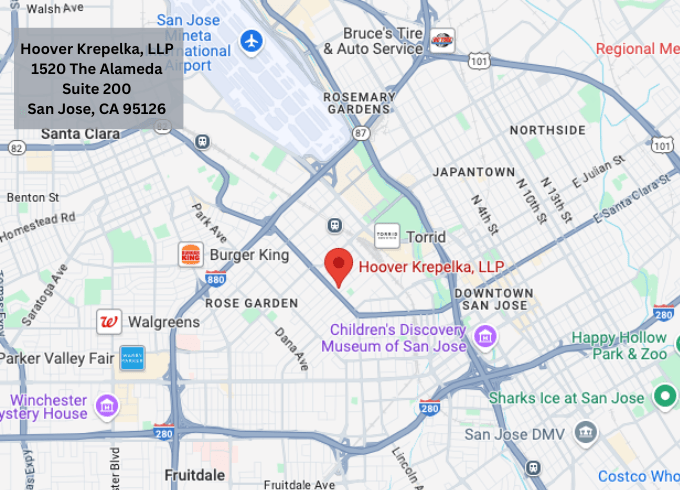Divorcing couples in California typically need to divide their property either by agreeing with one another or by going to court. In litigated property division matters, a judge will make all of those decisions by applying community property laws to your shared belongings and debts.
The behavior of one spouse can have a negative impact on the financial circumstances of the other after the divorce because they share ownership of assets and obligations for debts. Especially when you have a lot of shared property with your spouse and emotions run high, you may need to watch out for warning signs of dissipation of your marital property.
What behavior constitutes dissipation?
Dissipation is a legal term for someone intentionally wasting assets. In the months leading up to a divorce, dissipation might involve spending money on an affair or going on selfish shopping sprees that don’t benefit the household but only the individual spending money. Dissipation can also involve someone destroying or giving away property, as well as selling marital assets for less than their fair market value.
When you suspect your spouse of dissipation, you will need to do a careful review of your financial records. If you can prove that your spouse misused or intentionally diminished marital property, the records of that financial misconduct can influence other property division decisions in your divorce. A judge may hold them solely accountable for the debts they accrued or could use the value of wasted property to decide how they split your belongings and debts.
Learning more about the rules that apply to property division matters in a California divorce will make it easier for you to secure a fair outcome.






